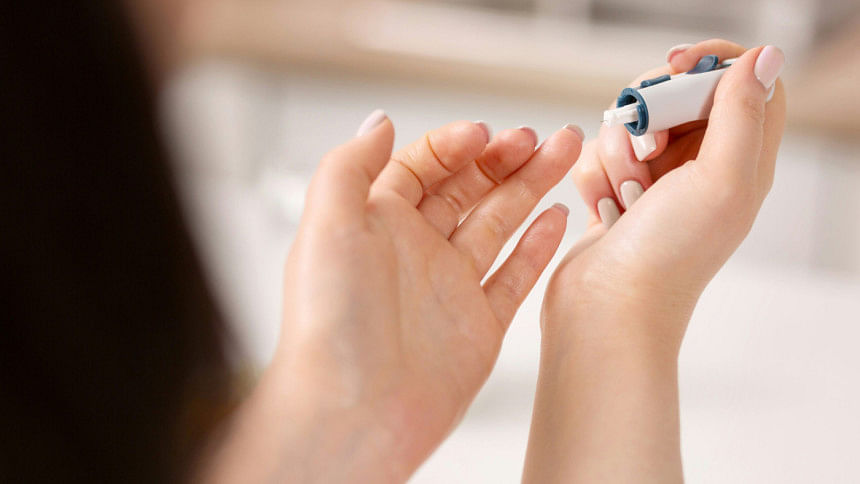Smart bedtime habits for better diabetes control

Managing diabetes effectively involves not just what you do during the day but also the habits you maintain before bedtime. A good nighttime routine can help keep blood sugar levels stable, prevent overnight complications, and support restful sleep. One of the most important things a person with diabetes can do before bed is to check their blood glucose levels. For many, the target bedtime range is between 100 and 140 mg/dL, though individual goals may vary depending on health status and treatment plans. If the level is too low, a light snack might be necessary to avoid hypoglycemia while sleeping. If the reading is too high, it is worth reviewing food intake, activity levels, or medication timing with a healthcare provider.
Some people with diabetes, especially those who take insulin or certain oral medications, may benefit from a small, balanced bedtime snack. This snack should ideally contain both carbohydrates and protein to maintain stable blood sugar throughout the night. Examples include a few whole grain crackers with cheese, a small apple with peanut butter, or a bowl of plain yoghurt. It is best to avoid sugary foods that could lead to blood sugar spikes and crashes.
Taking medications at the correct time is also crucial. Many diabetes medications are scheduled for evening or bedtime, particularly long-acting insulin. Forgetting to take them can lead to high blood sugar overnight and a difficult start to the next day. Setting an alarm or reminder can help ensure consistency. Those who experience frequent nighttime lows should prepare by keeping fast-acting glucose — such as glucose tablets or fruit juice — near their bed. It is also helpful for bed partners to know the signs of nighttime hypoglycaemia, which may include night sweats, confusion, or vivid dreams.
Late-night habits can also affect blood sugar levels. Drinking alcohol close to bedtime can cause blood sugar to drop hours later, increasing the risk of overnight hypoglycaemia. Similarly, eating a large, heavy meal late in the evening can lead to blood sugar spikes and interfere with sleep quality. For better control, it is recommended to finish eating two to three hours before going to sleep and to avoid alcohol or keep it minimal and always consume it with food.
Stress and poor sleep are often overlooked in diabetes care, yet both can significantly impact blood glucose levels. Establishing a calming bedtime routine — such as reading, light stretching, or listening to music — can lower stress hormones and improve sleep. Reducing screen time before bed can also enhance sleep quality, as blue light can interfere with melatonin production. Ideally, adults should aim for seven to nine hours of restful sleep each night, as poor sleep can worsen insulin resistance and glucose control.
Finally, a bit of preparation can make mornings smoother. Laying out medications and diabetes supplies, planning breakfast, and setting up reminders can reduce morning stress and promote better blood sugar outcomes. For individuals living with diabetes, small changes in nighttime habits can make a meaningful difference in health. A consistent, thoughtful bedtime routine is not just good practice — it is a powerful tool for managing this chronic condition.

 For all latest news, follow The Daily Star's Google News channel.
For all latest news, follow The Daily Star's Google News channel. 



Comments